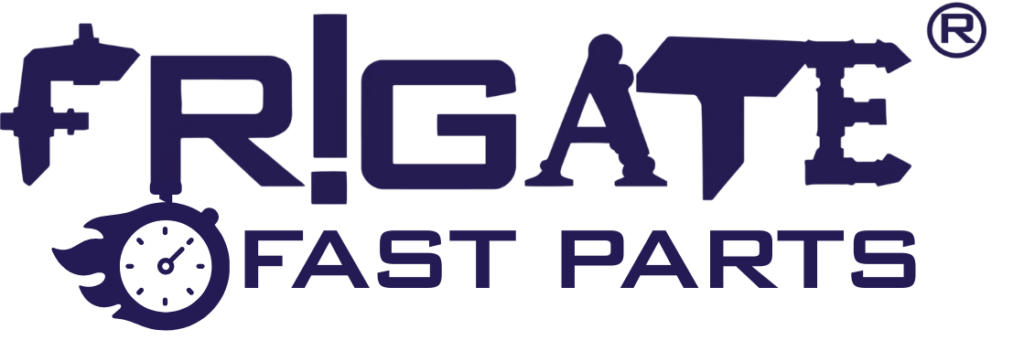CNC Machining for Railway Manufacturing
Frigate machines induction-hardened steels using adaptive feeds, coated inserts, and high-pressure coolant to control tool deflection and heat. Process simulations account for stress and phase changes to prevent thermal softening and ensure stability.
Our Clients



































- Precision at Every Stage
Advanced CNC Machining for Fatigue-Critical Railway Components
Adaptive multi-axis machining with real-time monitoring and thermal compensation delivers stringent dimensional control and optimized surface integrity for high-strength rail parts.
Surface Integrity Control
Frigate uses real-time acoustic sensing and multi-step finishing with variable-helix cutters to maintain compressive stress. Validation by Barkhausen noise and X-ray diffraction ensures fatigue resistance in load-bearing railway components.
Precision in Long-Part Machining
Dual-spindle synchronization, thermally compensated fixtures, and slideway feedback maintain sub-10 micron accuracy over long parts. Volumetric error mapping and laser tracker verification ensure straightness and squareness in structural rail components.
Multi-Axis Machining of Preforms
Five-axis probing and scanned mesh overlays adapt tool paths for asymmetric cast and welded parts. Machine learning reduces chatter, while gantry mills handle heavy preforms with precise lift compensation and tight tolerances.
- Step-by-Step Machining Approach
Our CNC Machining Process
Adaptive toolpath control combined with real-time sensor feedback and thermal compensation ensures consistent dimensional accuracy and subsurface integrity across complex railway components.


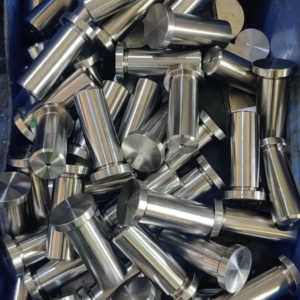

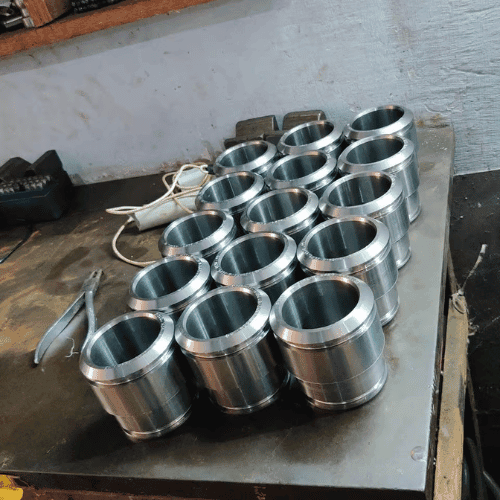

Advanced algorithms optimize tool paths, minimizing tool wear, reducing cycle times, and improving surface finishes. This involves strategically planning the sequence of movements and cuts to enhance efficiency.
Modern CNC machines often utilize 5-axis or even 6-axis capabilities, allowing for complex geometries and intricate shapes. This reduces the need to reposition the part, ensuring higher accuracy and a more refined finish.
CNC machines may integrate adaptive cutting strategies, where cutting conditions (speed, feed, depth of cut) adjust dynamically based on real-time sensor feedback or cutting force monitoring. This helps prevent tool breakage and ensures optimal material removal rates.
Specialized techniques like high-speed machining enable faster spindle speeds and advanced feed rates. This increases material removal rates while maintaining fine tolerances and reducing thermal distortion.
Some CNC setups incorporate in-process measuring systems (like laser scanners or probe-based systems) to check the part’s dimensions as it’s being machined. These systems can send real-time data back to the machine, allowing for automatic adjustments during production.
CNC machines with automated tool changers enhance efficiency by switching tools automatically without operator intervention. This allows for uninterrupted multi-operation machining without downtime, improving productivity in complex jobs with several cutting tools.
- Real Impact
Words from Clients
See how global OEMs and sourcing heads describe their experience with our scalable execution.
“Quick turnaround and solid quality.”
“The instant quote tool saved us time, and the parts were spot-on. Highly recommend Frigate!”
“I would strongly recommend Frigate to anyone who wants to do Rapid Prototyping, and take their ideas to manufacturing. One firm doing all kinds of Product Development!”
“Great service, fair price, and the parts worked perfectly in our assembly.”
“Top-notch machining and fast shipping. Very satisfied with the results.”
“The next disruption is happening in Prototyping & Manufacturing on-demand and Frigate is leading the way! I personally believe the Frigate's way of IIOT enabled cloud platform with Al.”
“Frigate delivered high-quality parts at a competitive price. The instant quote tool is a huge plus for us!”
“We appreciate the precision and quality of the machined components in the recent delivery—they meet our specifications perfectly and demonstrate Frigate’s capability for excellent workmanship.”
“Flawless execution from quote to delivery.”
“I am absolutely happy to work with supplier like Frigate who were quite proactive & result oriented . Frigate has high willingness team who has strong know how & their passion towards the products & process were absolutely thrilling.”
“The precision on these parts is impressive, and they arrived ahead of schedule. Frigate’s process really stands out!”
“Parts were exactly as spec’d, and the instant quote made budgeting a breeze.”
“Good value for the money.”
“The finish was perfect, and the team was easy to work with.”
“Working with Frigate has been great. Their proactive, results-driven approach and expertise shine through in every project. It's been a pleasure collaborating with them.”
"We are highly satisfied with the timely delivery and quality of the MIG Welding Cable from Frigate. Their attention to detail, secure packaging, and quick responsiveness stood out. We confidently recommend Frigate Engineering Services Pvt. Ltd. as a reliable manufacturing partner."
- Surface Finish
Flawless Finishes for CNC Machining Parts
Multi-stage finishing with variable-helix cutters and hydrostatic guides achieves ultra-low roughness and compressive residual stresses. This optimized surface profile enhances fatigue resistance and wear performance in dynamic rail applications.
Anodizing
Give your aluminum parts a tough, corrosion-resistant shield with anodizing, reaching surface hardness up to HV 500, while enhancing electrical insulation and durability.
Mechanical Finishing
Smooth out imperfections and refine surfaces to Ra 0.2 µm or better with mechanical finishing techniques like grinding, polishing, and bead blasting.
Heat Treatment
Boost material strength and hardness by heat treating parts at temperatures up to 1100°C, ensuring they meet the mechanical demands of your application.
Electroplating
Add protective or functional metal coatings with electroplating, delivering consistent layers as precise as ±2 µm for improved corrosion resistance and conductivity.
Our Machined Products
We support your production needs with CNC-machined parts, subassemblies, and performance-critical components.
- Machining Capabilities
Advanced Multi-Axis and Live Turning for Rail Components
High-torque multi-axis milling combined with live-tool turning achieves complex geometries and stringent dimensional tolerances in critical rail system parts.

CNC Milling
Capable of multi-axis milling for complex suspension brackets, railcar components, and brake system mounts with high-speed interpolation.
- Spindle power up to 30 kW with through-tool coolant and programmable feedrates for hardened alloys.
- Specialized in machining fatigue-resistant steels such as 42CrMo4 and EN24.

CNC Turning
Precision turning of axle housings, coupler pins, and wheelset components with strict roundness and cylindricity controls.
- Turning diameters ranging from 10 mm up to 600 mm with tight length-to-diameter ratio management.
- Live tooling enables cross-drilling, threading, and undercutting for complex rail assemblies.
- Material Selection
Critical Materials for Railway CNC Machining
Material properties directly impact machinability, fatigue life, and compliance with rail industry standards. Selecting alloys with optimal hardness, tensile strength, and thermal stability ensures reliable performance in harsh rail environments.
- Tensile strength ranging from 900 to 1000 MPa for load-bearing parts
- Hardness levels maintained between 45 and 55 HRC for high-wear components
- Controlled microstructure for enhanced fatigue resistance under cyclic loads
- Thermal stability optimized to minimize distortion during machining and service
A2 Tool Steel is a high-carbon, high-chromium steel known for its toughness and wear resistance. It’s ideal for producing durable, high-strength parts that can withstand heavy use.
Aluminum is a lightweight, corrosion-resistant metal with good machinability. Because of its strength-to-weight ratio, it’s commonly used in aerospace, automotive, and various industrial applications.
Brass is a copper-zinc alloy known for its machinability and corrosion resistance. It’s used for components requiring precise detailing and good mechanical properties.
Bronze is a copper-tin alloy with excellent wear resistance and strength. It’s often used for bushings, bearings, and other friction-prone components.
Cast Iron is known for its high wear resistance and machinability. It’s used in heavy-duty applications such as machinery parts and engine components.
Copper offers excellent thermal and electrical conductivity. It’s used in applications requiring heat dissipation or electrical conductivity, such as electronic components.
Steel is a versatile material known for its strength and durability. It’s used in various applications, from construction to automotive parts.
Titanium is a lightweight, high-strength metal with excellent corrosion resistance. It’s used in aerospace, medical implants, and high-performance engineering applications.
Stainless Steel offers high corrosion resistance and strength. It’s widely used in applications ranging from kitchen equipment to industrial machinery.
Zinc is a ductile and corrosion-resistant metal known for its excellent machinability, especially in its alloy forms. It's often used for components requiring intricate details, good surface finish, and precise dimensions, commonly found in automotive, hardware, and electrical applications.
- Key Highlights
Core Strengths of Railway CNC Machining
Advanced machining solutions focus on durability, tight tolerances, and complex geometries required by modern rail components. Integration of real-time monitoring and adaptive control ensures consistent quality across high-volume production.
- Sub-10 micron dimensional accuracy for critical fit and assembly
- Adaptive machining strategies to handle hardened and work-hardened alloys
- Multi-axis capability for complex castings and welded preforms
- Comprehensive traceability with digital process documentation and SPC integration
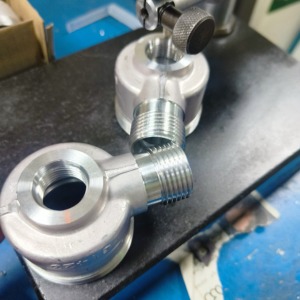
- Rail Cert
Compliance & Certification
Ensuring quality and safety in CNC machining for railway manufacturing hinges on adherence to rigorous, industry-specific standards. These frameworks guarantee component reliability, interoperability, and long-term service life on rail networks.
- Structured quality management across design, production, and inspection
- Sector-focused risk assessment and supply-chain oversight
- Material and fabrication integrity for critical rail components
- Uniform safety and interoperability requirements across networks
We implement this international quality management system, ensuring consistent precision and reliability across all our CNC machining operations for railway components.
Our machining processes adhere to this specific railway standard, demonstrating our commitment to quality in railway applications.
Our machining supports the preparation of parts for welding, adhering to this standard for critical welded railway assemblies.
We machine components that contribute to the precise braking performance requirements outlined in this crucial safety standard.
We machine materials to relevant ASTM standards, guaranteeing precise chemical composition, mechanical properties, and long-term durability for demanding railway environments.
We precisely adhere to GD&T callouts, ensuring exact dimensional accuracy, critical for proper assembly and safe operation of railway systems.
We achieve specified surface finishes during machining, crucial for minimizing friction, enhancing wear resistance, and optimizing component lifespan in railway applications.
- We export to 12+ countries
Frigate’s Global Presence
Frigate takes pride in facilitating “Make in India for the globe“. As our global network of Frigaters provides virtually limitless capacity, and through our IoT enabled platform your parts go directly into production. By digitally and technologically enabling “the silent pillars of the economy” MSME and SME manufacturing industries, we are able to tap the huge potential for manufacturing to bring the best results for our clients.

100,000+
Parts Manufactured
250+
Frigaters
2000+
Machines
450+
Materials
25+
Manufacturing Process

- Quality Standards
Quality Testing for Mold Machining Projects
To measure the roundness of cylindrical features, ensuring they meet tolerance requirements.
To check internal surfaces for flatness, critical for sealing and assembly purposes.
To identify burrs or sharp edges that may affect assembly or safety.
To ensure that complex profiles (e.g., contours, curves) conform to design specifications.
To check the topography and texture of the surface, ensuring it meets the required specifications for function or aesthetics.
To verify that the surface hardness depth meets the required specifications for wear resistance.
To measure internal stresses that could lead to deformation or failure during or after machining.
To verify grain structure, inclusions, and material consistency, ensuring the part meets performance requirements.
- Machined Component Showcase
CNC Machining Parts
We maintain stringent dimensional consistency through high-resolution spindle encoders, thermal drift compensation, and ultra-fine servo motor tuning. Delivering components engineered to withstand extreme mechanical stresses and fluctuating thermal environments.
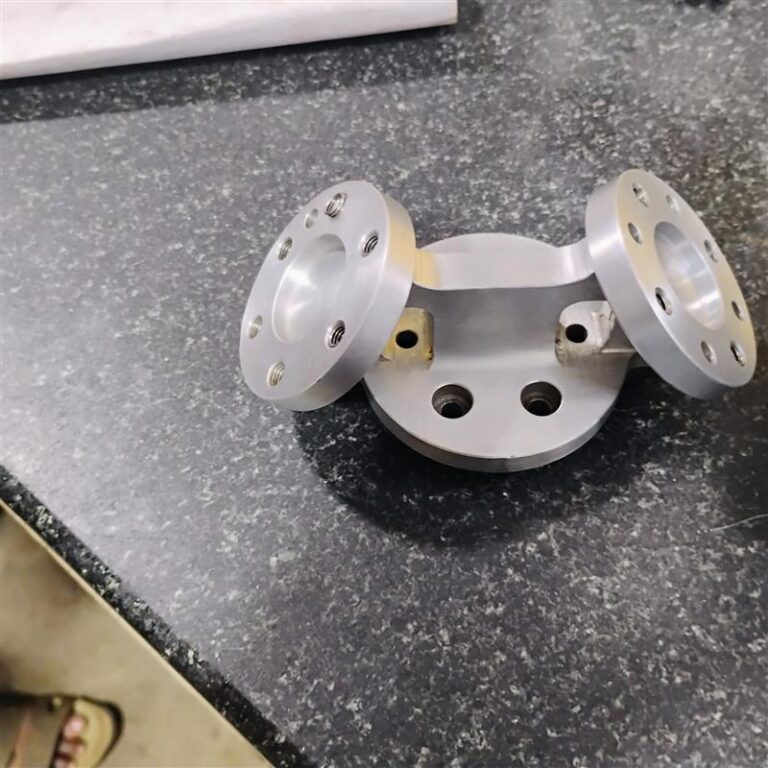
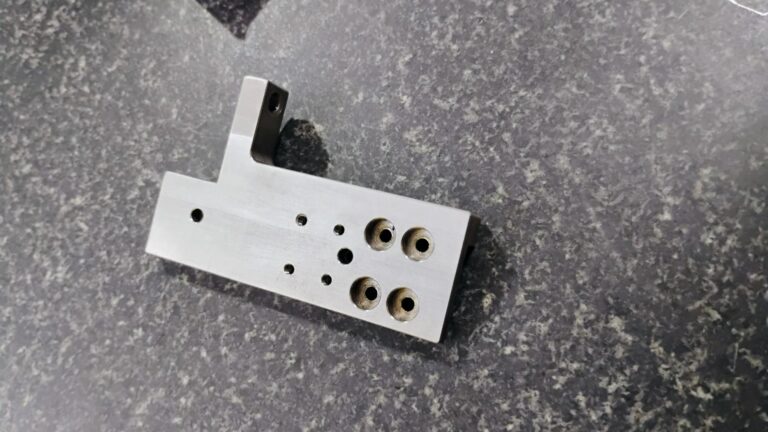
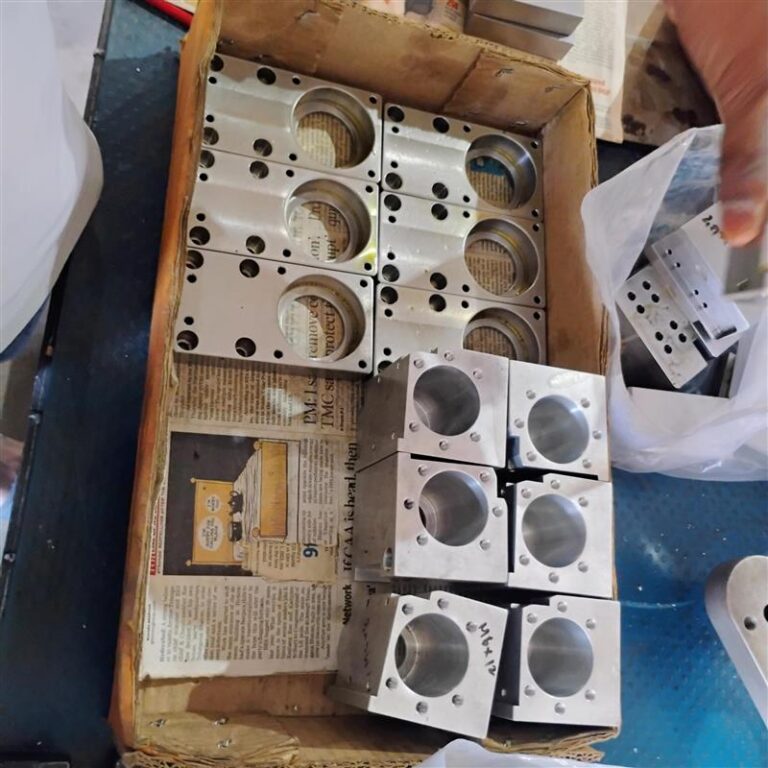
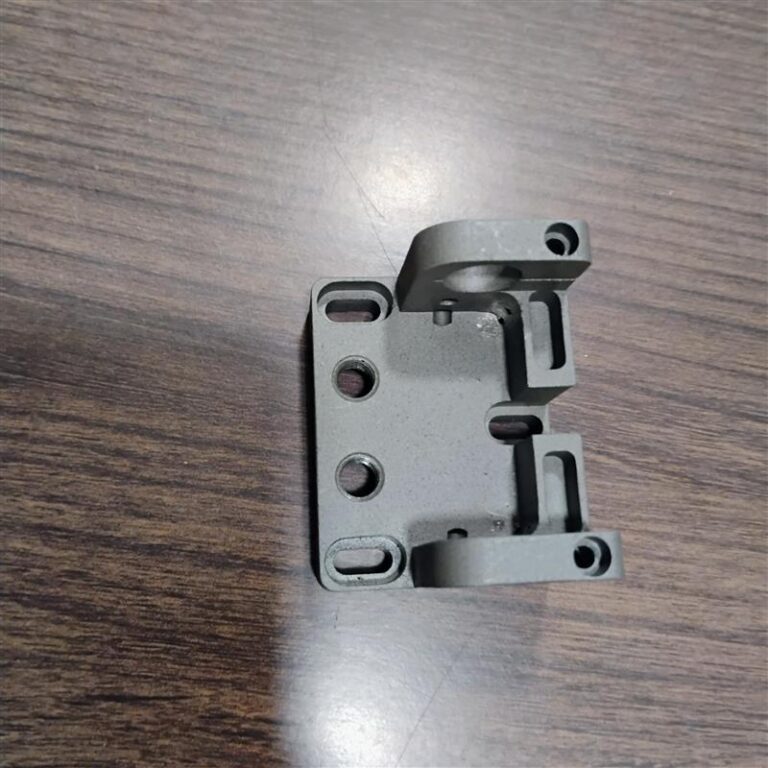
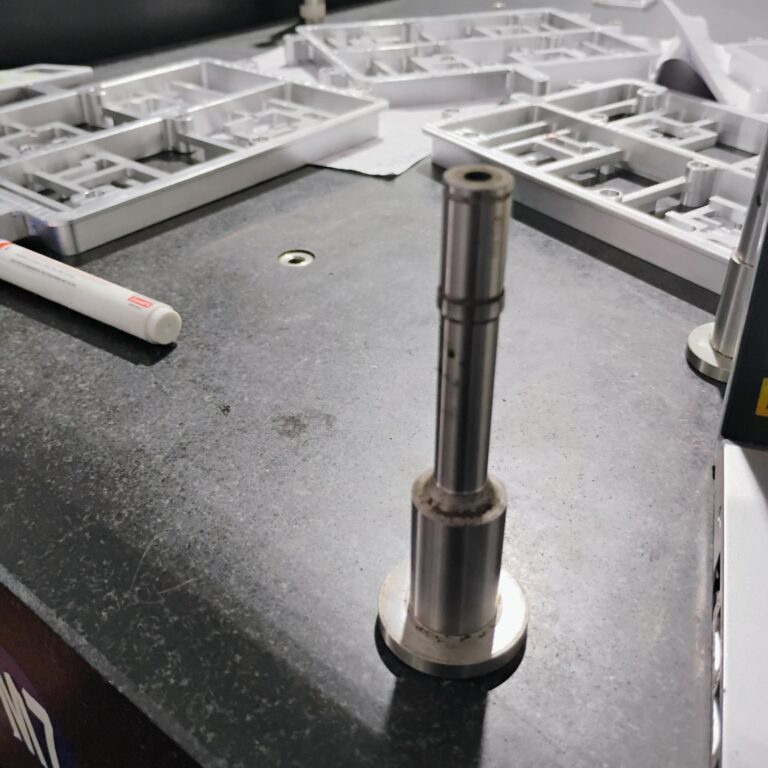
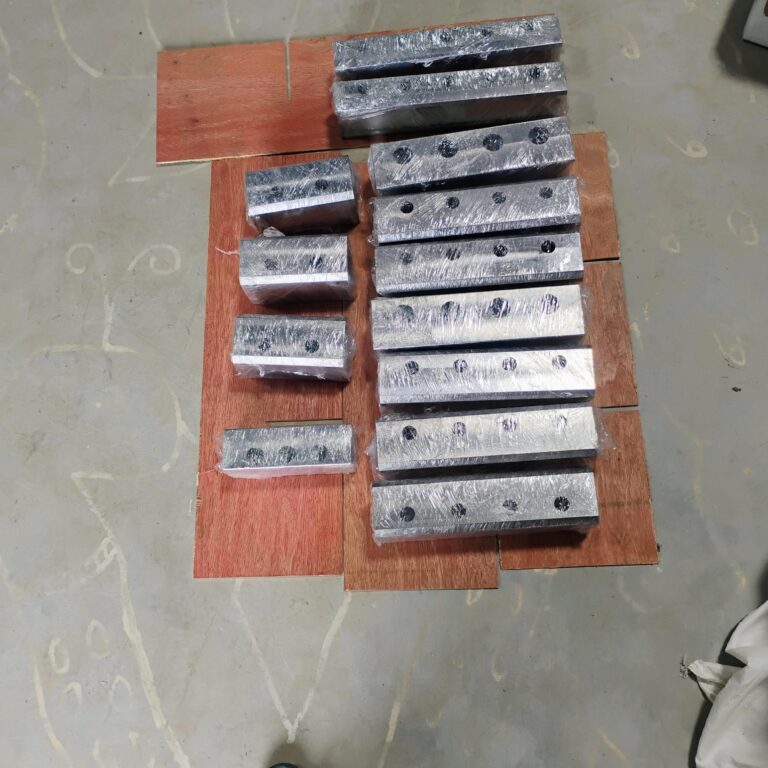


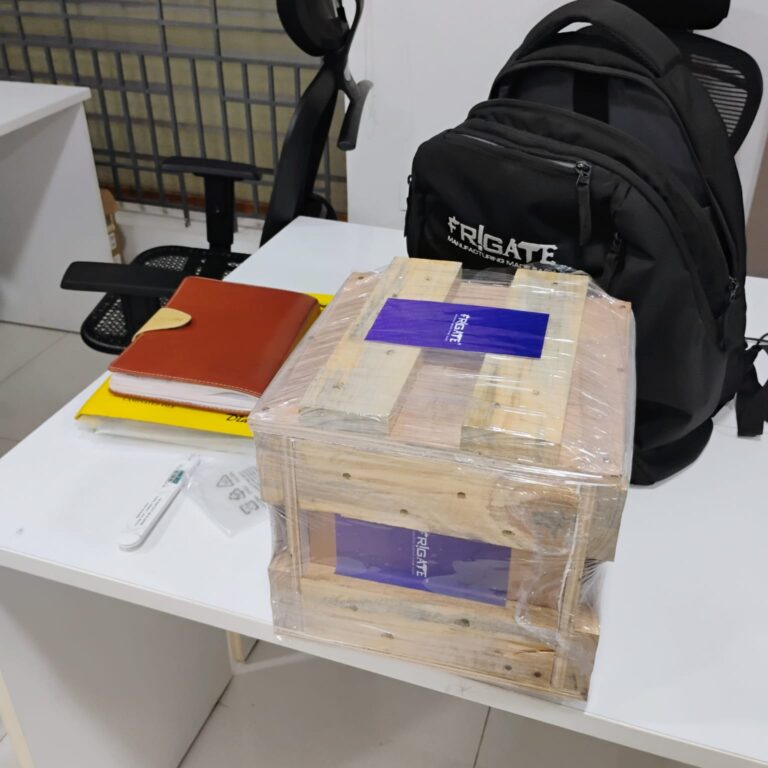



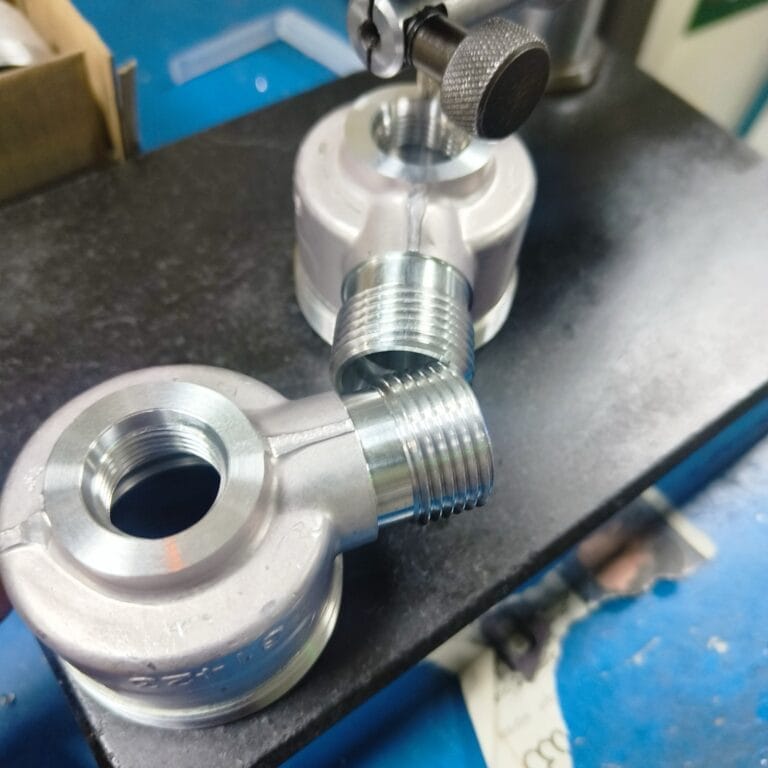


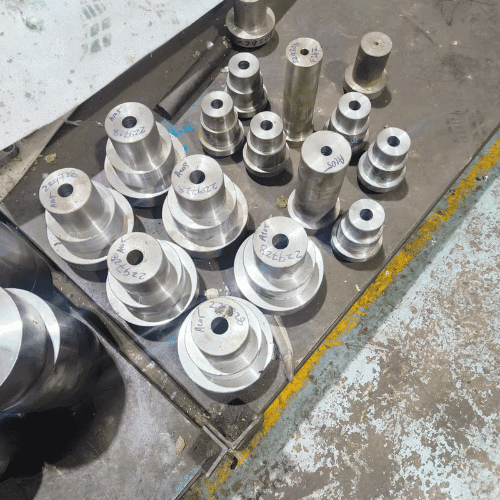
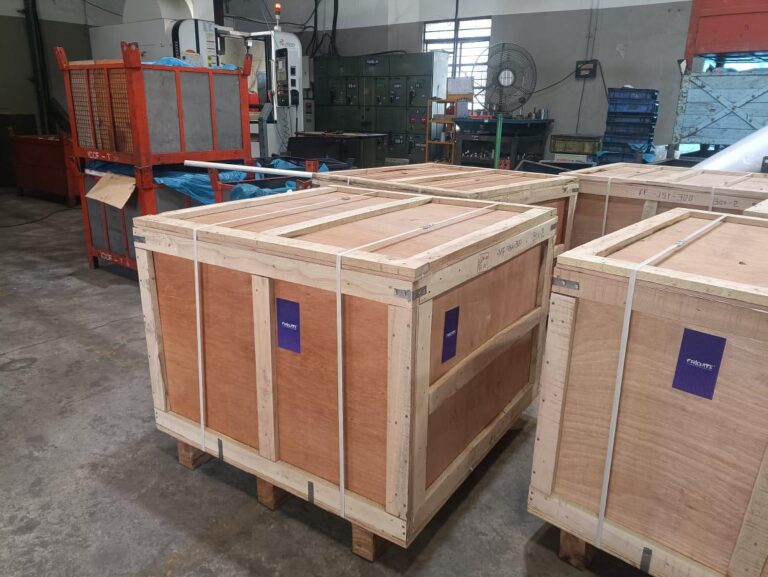
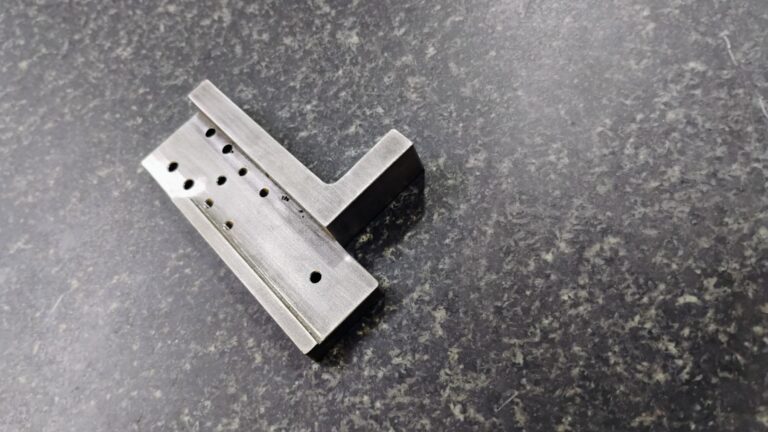
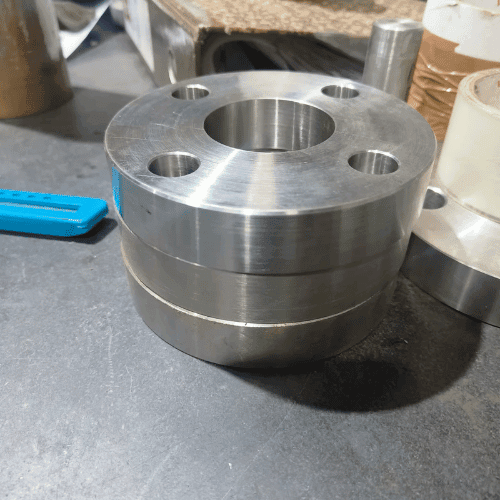
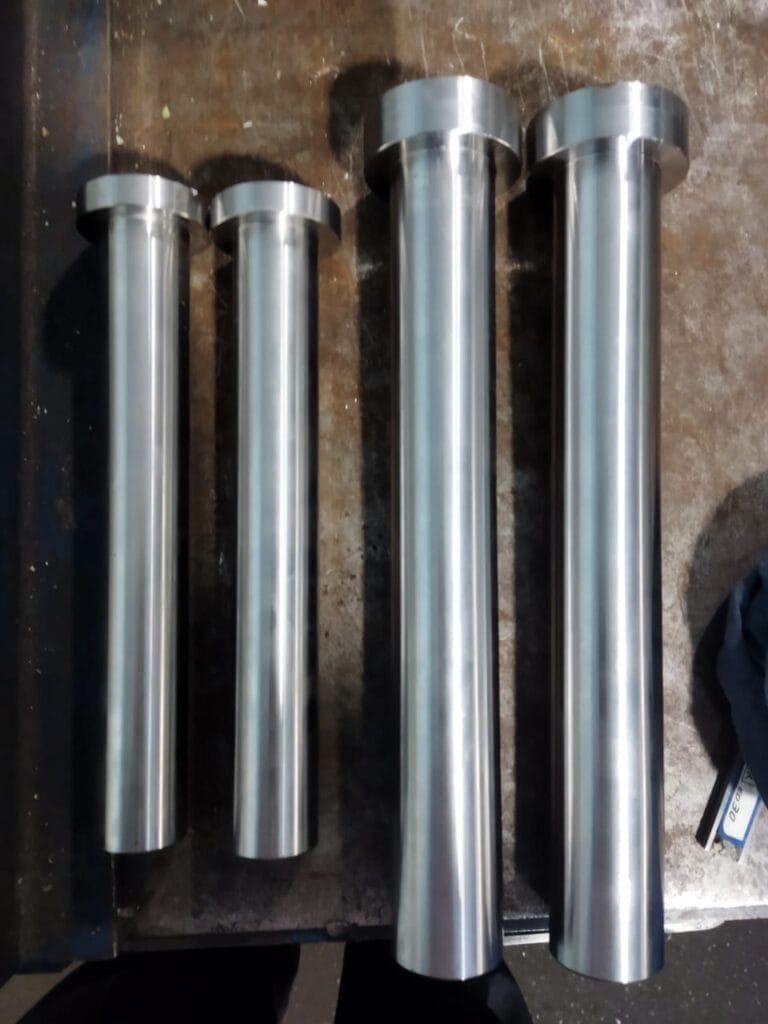

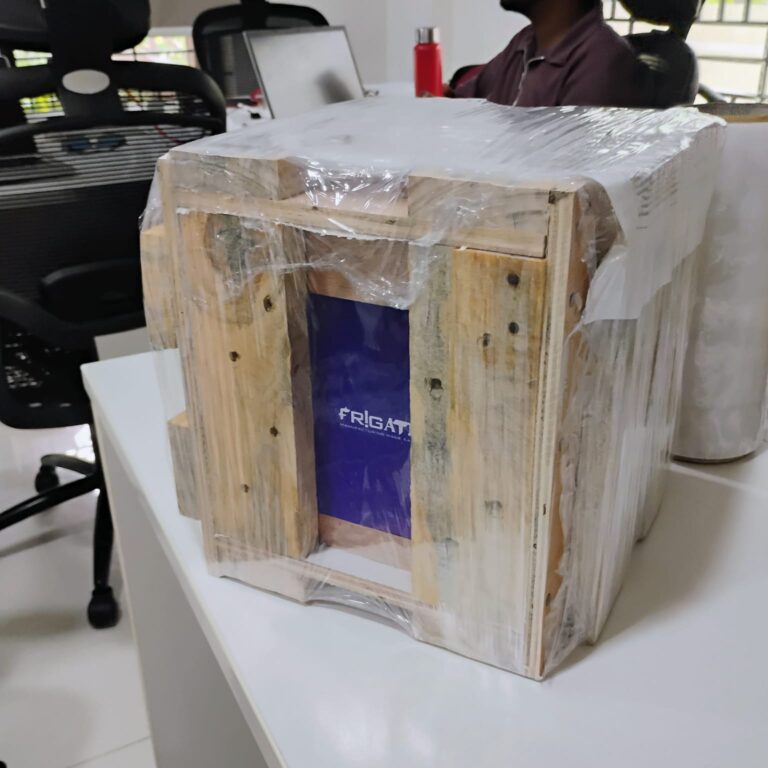

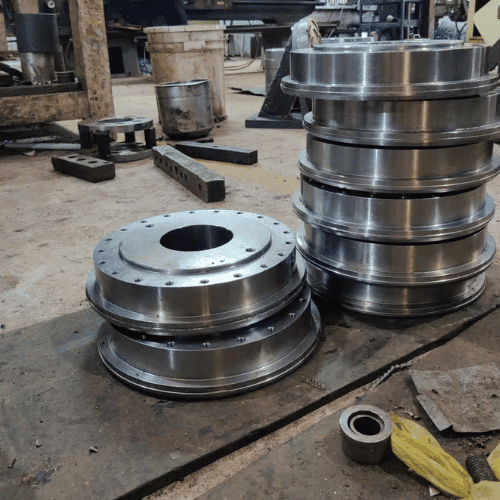
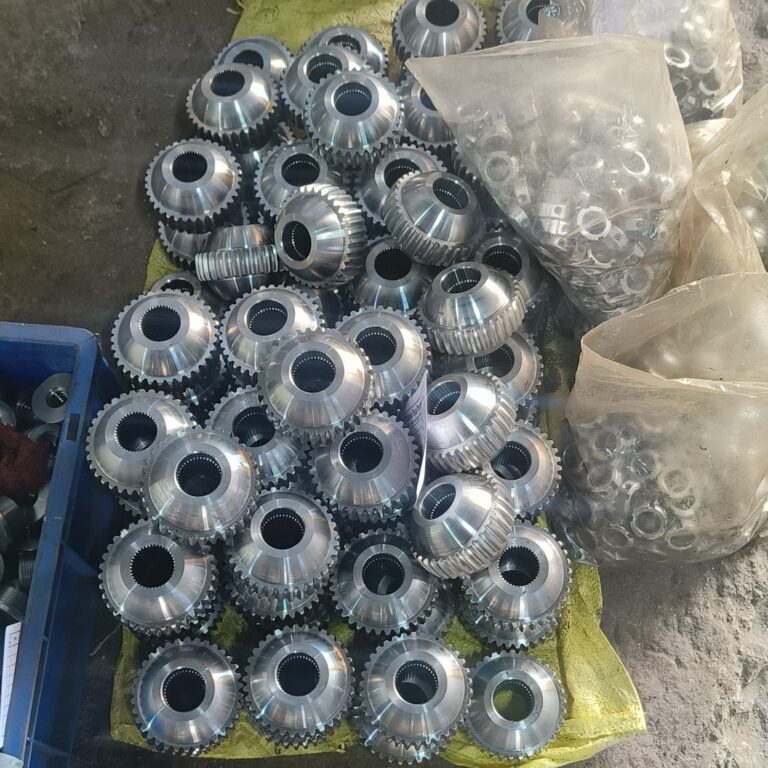
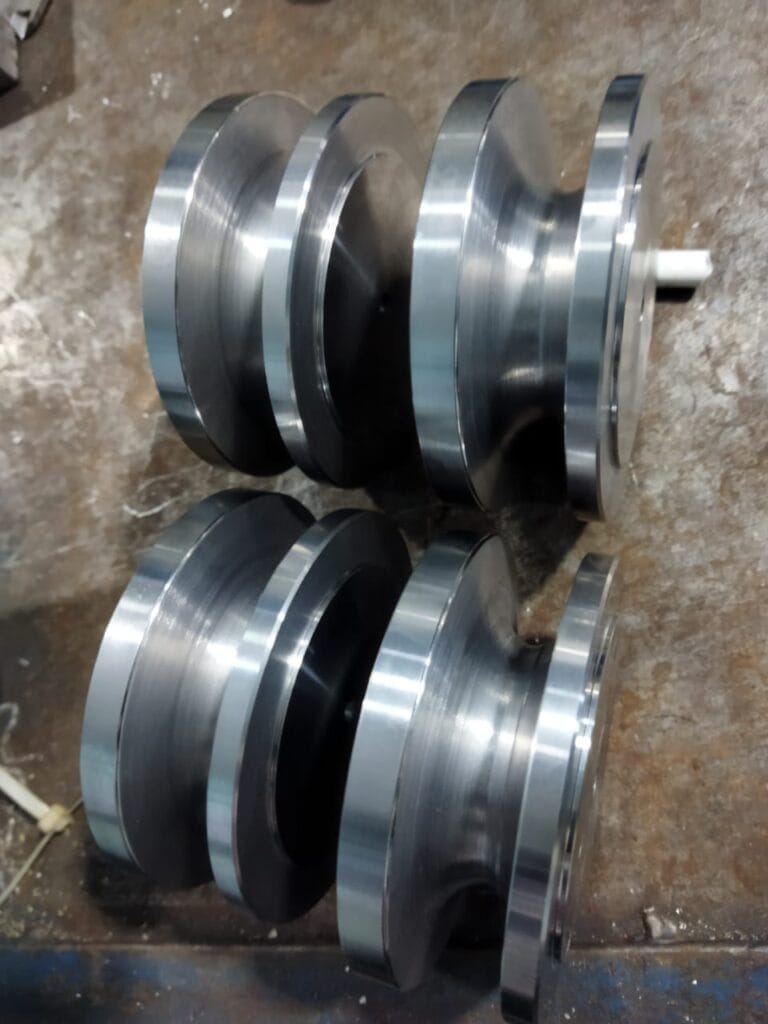
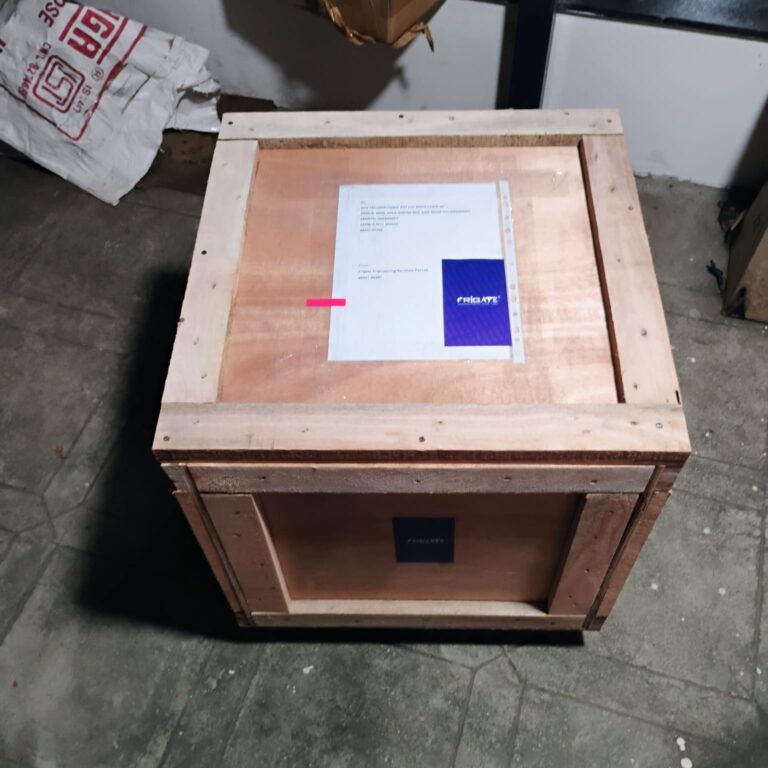
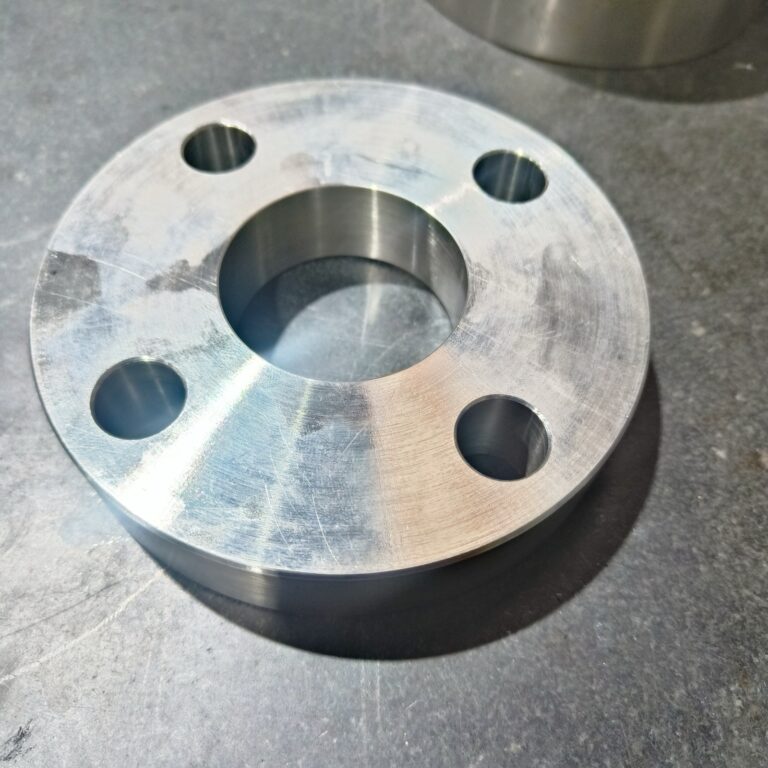
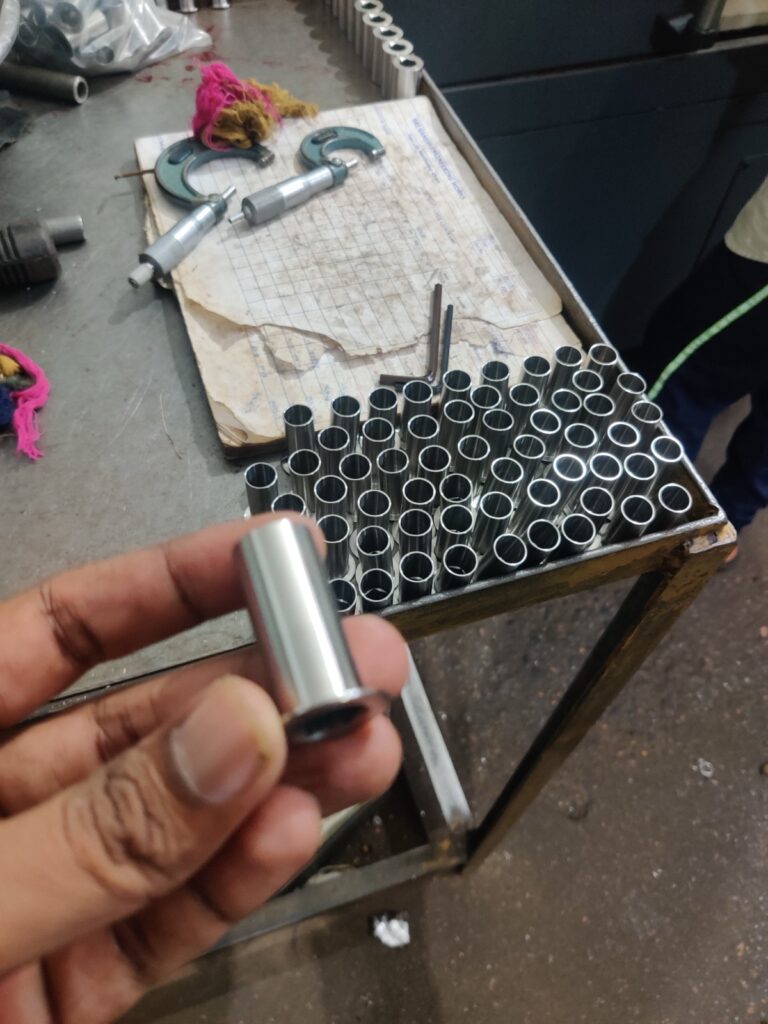
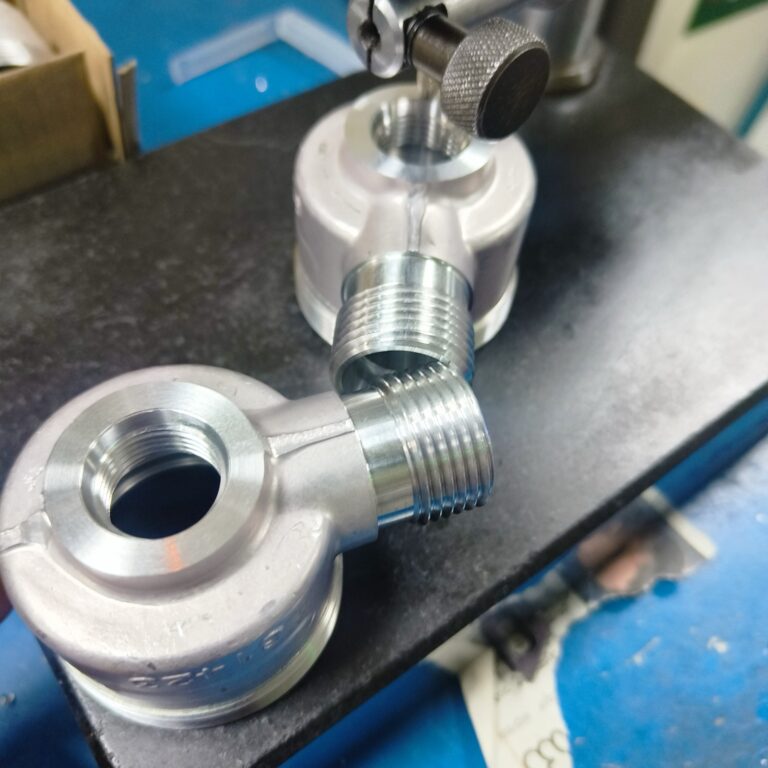
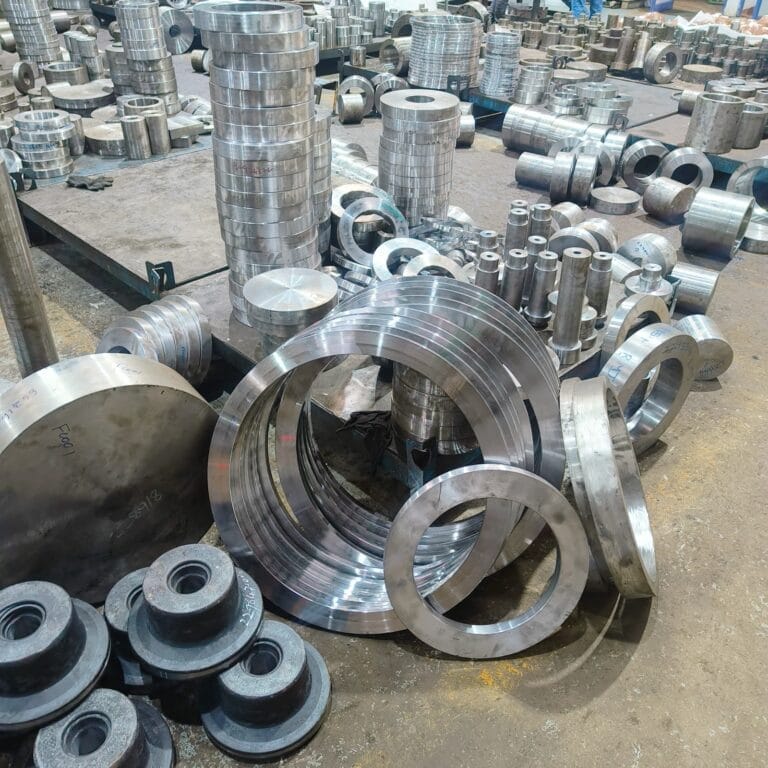
Other Industries We Serve
We deliver machining support across sectors that require consistency, material reliability, and tight dimensional control.
- Solid Progress
Our Manufacturing Metrics
Frigate brings stability, control, and predictable performance to your sourcing operations through a structured multi-vendor system.
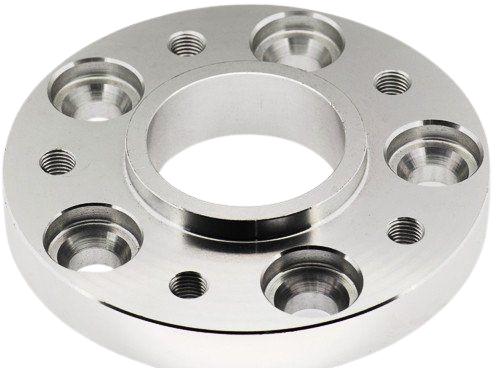
2.8X
Sourcing Cycle Speed
Frigate’s pre-qualified network shortens decision time between RFQ and PO placement.
94%
On-Time Delivery Rate
Structured planning windows and logistics-linked schedules improve project-level delivery reliability.
4X
Multi-Part Consolidation
We enable part family batching across suppliers to reduce fragmentation.
22%
Quality Rejection Rate
Multi-level quality checks and fixed inspection plans lower non-conformities.
30%
Procurement Costs
Optimized supplier negotiations and bulk order strategies reduce your overall sourcing expenses.
20%
Manual Processing Time
Automation of sourcing and supplier management significantly reduces time spent on manual tasks.
Get Clarity with Our Manufacturing Insights
- FAQ
Having Doubts? Our FAQ
Check all our Frequently Asked Questions in CNC Machining
Frigate employs active thermal compensation algorithms in its CNC controls to adjust for heat buildup during extended runs. Machine enclosures maintain stable ambient temperatures within ±1 °C of the setpoint. Real‐time temperature probes on critical axes feed data into the control system for live parameter tuning. This prevents dimensional drift and machining errors over long production cycles.
After rough and finish machining, Frigate uses on‐machine probing systems to capture 3D surface coordinates. These measurements are compared against CAD datums to within ±0.01 mm accuracy. Any deviation triggers an automatic revision of tool offsets and toolpath adjustments. Final verification is performed with portable CMMs before shipment.
Frigate selects advanced carbide and PCD tooling tailored for AAR M‐70 grade steels, maximizing wear resistance. Adaptive feed‐rate control slows cutting when tool wear thresholds are detected by spindle‐load monitoring. A scheduled tool‐change strategy ensures blades are replaced before performance degrades. This approach extends tool life by up to 30% compared to fixed‐parameter machining.
Frigate’s process planning software nests finish allowances into the CNC program based on chosen coating or hardening treatments. Post‐machining parts are tracked via RFID through cleaning, plating, or induction‐hardening stages. Treatment‐induced growth estimates feed back into revised machining allowances for future batches. This closed‐loop system guarantees final dimensions within specified tolerance windows.
Frigate’s machines employ low‐frequency damped spindle assemblies to attenuate process‐induced vibrations. Prior to actual cutting, a test cut and vibration scan characterize the natural frequencies of each workpiece setup. CNC parameters are then dynamically adjusted to avoid resonance during heavy material removal. Continuous vibration monitoring ensures the process remains within safe limits, preserving surface integrity.
We'd love to Manufacture for you!
Submit the form below and our representative will be in touch shortly.
LOCATIONS
Registered Office
10-A, First Floor, V.V Complex, Prakash Nagar, Thiruverumbur, Trichy-620013, Tamil Nadu, India.
Operations Office
9/1, Poonthottam Nagar, Ramanandha Nagar, Saravanampatti, Coimbatore-641035, Tamil Nadu, India. ㅤ
Other Locations
- Bhilai
- Chennai
- USA
- Germany
